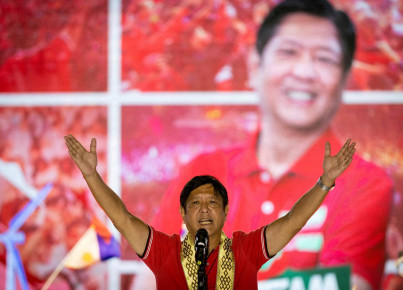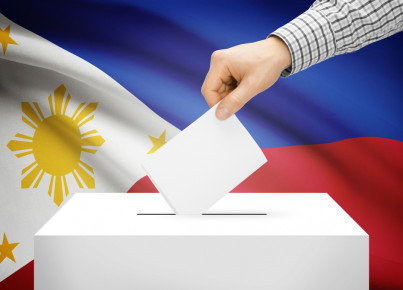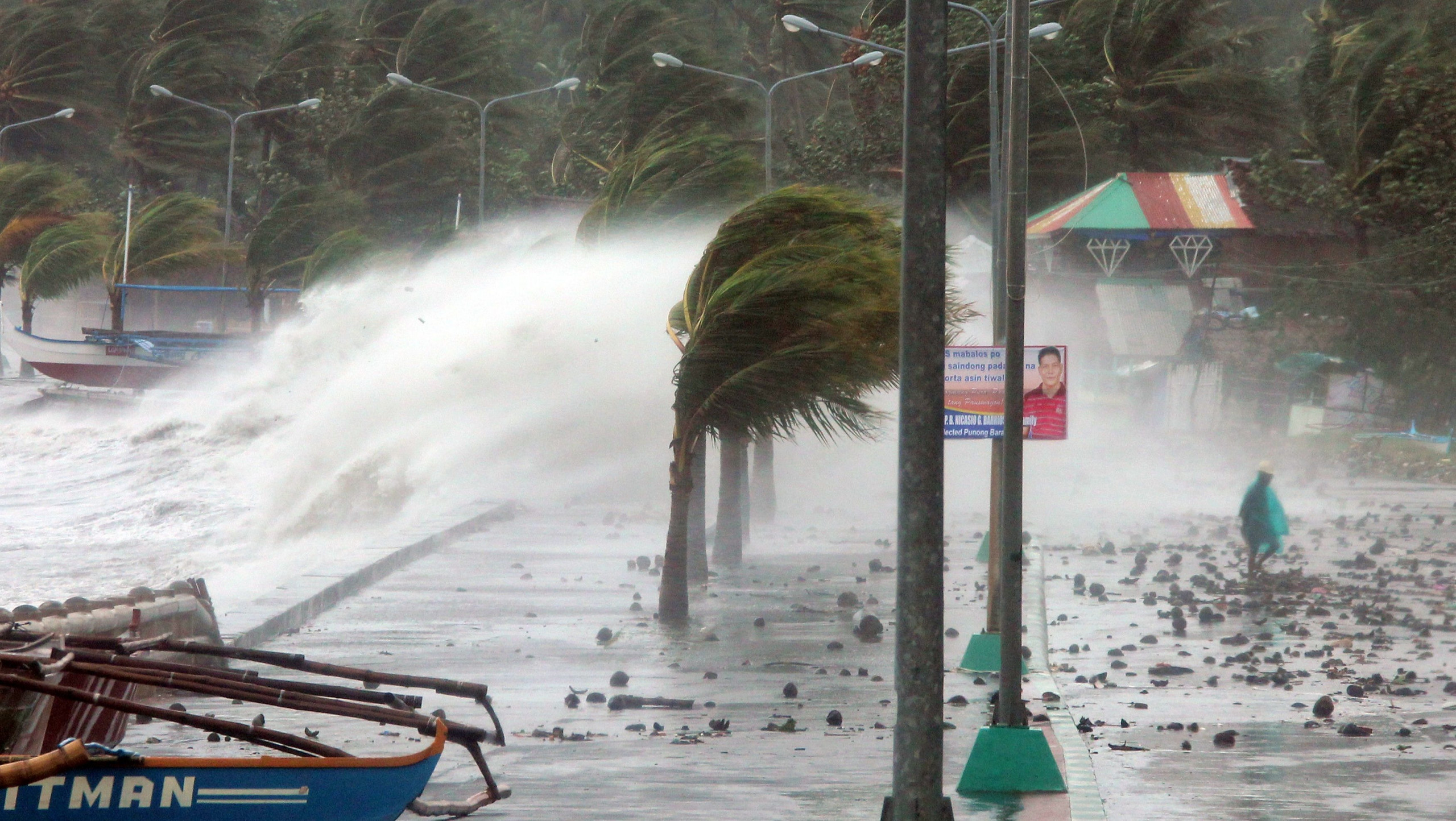In May are scheduled the presidential elections in the archipelago of Southeast Asia, strategic in the dispute between the United States and China. Manila seeks to give a face to the post-Duterte, although his daughter Sara could occupy a prominent place alongside another son, that of the former dictator who controlled the country between 1972 and 1986. From the China Files mini e-book “In China and Asia 2022”, realized in collaboration with Associazione Italia-ASEAN
Articolo a cura di Luca Sebastiani
Former boxers, sons of dictators and presidents, activists and actors. The race for the presidency of the Philippines to be held on May 9, 2022 is heated. The population of the Southeast Asian country will go to the polls next year to decide who will govern for the next few years, both at the national and local levels. In all, there will be about 67 million eligible voters, for a particularly important electoral round. Expectation is very high for the race to succeed Rodrigo Duterte, president since 2016 to whom the Constitution denies the possibility of running again and who has therefore fallen back on running for a Senate seat.
The contenders
At the moment, more than 90 candidates have filed with the hope of holding the highest office in the Philippines. For now, the favorite in the polls is Ferdinand "Bongbong" Marcos Jr, son of the late dictator of the same name Ferdinand Marcos, who controlled the country between 1972 and 1986. Marcos, senator until 2016, is running with the Pfp party (Partido Federal ng Pilipinas) and, in the event of his victory, analysts believe there could be substantial continuity with Duterte (although the latter does not support him). Among other things, as his vice-president, the eldest daughter of Duterte himself, Sara, should be a candidate. After months of rumors about her coming into the field to succeed her father, she has decided to support Marcos. An understanding that could strengthen the axis between two of the most important political dynasties of the Philippines and exponents of the north and south of the country. The most evident change of pace could occur in international politics, with a greater balance of the Philippines between China and the United States, compared to what happened with Duterte, more inclined towards Beijing, especially in the first part of his mandate.
Marcos Jr's main challenger would seem likely to be current Vice President Leni Robredo, a civil rights activist who is aiming to intercept the vote of those who want strong change after the last few years. This is a figure opposed to that of Duterte and against the violent "war on drugs" conducted by the president, in which thousands of people have been killed by police forces (more or less regular) with extrajudicial killings. Robredo has declared, in a diplomatic way, that in case of victory he will collaborate with China only in areas and dossiers where there are no existing tensions, implying however the importance of trade relations with Beijing. Also running for president are Senator Panfilo Lacson, former police chief of the Philippines, and former Defense Minister Norberto Gonzales.
Among the names of weight present at the starting tapes is that of the mayor of Manila, the former actor Francisco "Isko Moreno" Domagoso, who hopes for the official support of Duterte, but also Manny Pacquiao, one of the greatest boxers of all time and currently a senator, who has decided to run for president after hanging up his gloves in September. In recent months Pacquiao has clashed bitterly with Duterte - despite the fact that they are both exponents of the PDP-Laban (Partido Demokratiko Pilipino-Lakas ng Bayan) - criticizing him for his overly compliant approach with Beijing. His election campaign will be based on the fight against corruption in the country and a more intransigent attitude with China. Along with them are dozens of candidates, some inevitably seeking visibility and notoriety in a country hard hit by the pandemic and with a struggling economy.
The balance between the United States and China
Regardless of the domestic policy priorities on which the different candidates will debate between now and the elections, a pivotal issue of the near future for the Philippines emerges strongly: its own positioning in the contention between China and the United States. Covid-19 accelerated the competitive process between the two powers, highlighting the strategic centrality of the Indo-Pacific region. Since the beginning of Duterte's presidency, economic and political relations between Manila and Beijing have been gradually strengthening, consequently weakening the understanding with the US of then-President Donald Trump. A trend that lasted until last spring's diplomatic clash when the Philippines and China came to blows over the Spratly/Kalayaan islands, a historic territorial dispute between the two countries.
On that occasion Beijing sent more than 200 fishing boats to the waters of Juan Felipe Atoll (or "Whitsun Reef" to use the international name), defined as real "maritime militias" by the Philippines. The Chinese refusal to leave the waters increased the tension. For Manila it was a clear manifestation of the Chinese will to occupy territories in that area, so much so that the Philippine Foreign Minister, Teodoro Locsin Jr. reacted by addressing the Chinese with very harsh words: "Get the fuck out". Despite these statements, Duterte has always tried to keep the level of tension with China low. On the other hand, millions of doses of vaccines essential for the country came from Beijing. Also in November, there was an incident in the South China Sea, with People's Republic ships firing warning shots near Philippine boats.
The United States immediately used the issue to lend full support to Manila, seeking to widen the gap between the Philippines and Beijing. For Washington, the archipelago is fundamental, given the geographical proximity with Taiwan and the historical link that binds the U.S. and Manila. Also for this reason that with Joe Biden at the White House, the American administration has shown itself more attentive towards the country of Southeast Asia, which after repeated statements to the contrary has renewed the Visiting Forces Agreement.
The recent tensions with China have warmed the spirits of the population of the Philippines, who may remember this when they go to the polls. Although there are no candidates among the main pretenders who are direct expressions of Beijing or Washington, it is certain that in these months of electoral campaign will be devoted ample space to the relations of the Asian country with the two superpowers. And in the meantime, China and the United States are watching.






